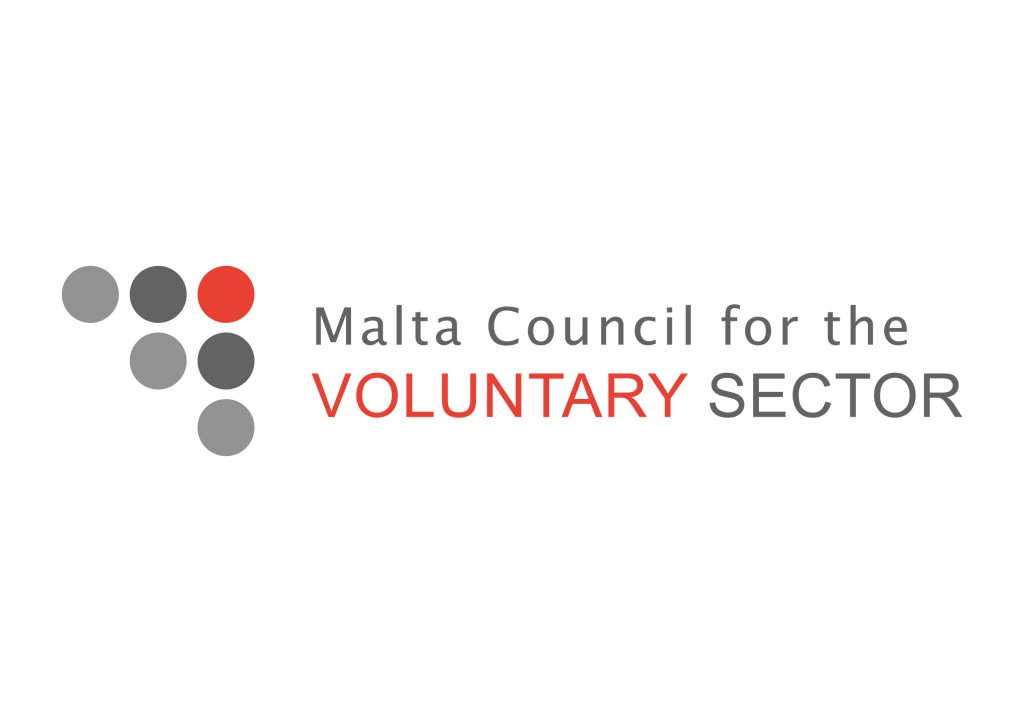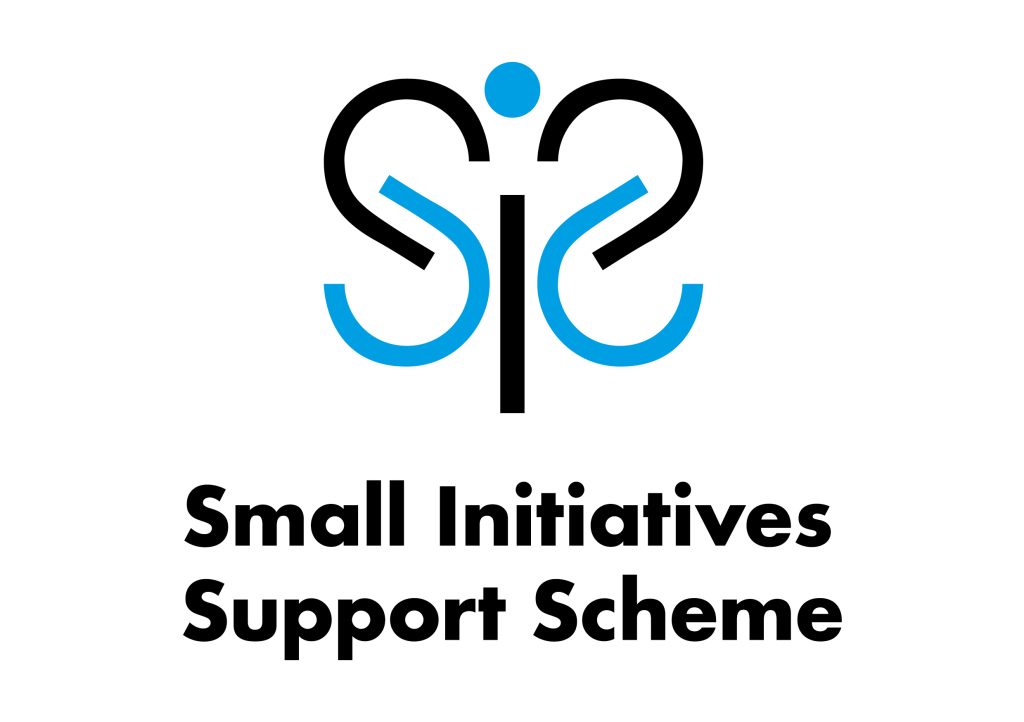Author: Sarah Borg, Dip. HE (Melit.); B.A. (Hons) (Melit.)
In October we celebrated World Mental Health Day. Mental health is a broad term encompassing emotional, psychological and social wellbeing. The way we think, feel and act depends very much on how mentally healthy we are. Our mental wellbeing also affects our decision-making, the way we relate to others, and how well we cope with life’s stresses, among many other things. In fact, mental health is more than the absence of mental illness; a mentally healthy person enjoys a general sense of wellbeing and quality of life.
Above all, mental health is a basic human right that is central to personal, community and socio-economic development. At the same time, taking care of our own mental wellbeing is our responsibility. While life’s circumstances are not always within our control, there are many internal resources which we can tap into that help us to be resilient to the cards that life deals us with. This article focuses on how physical activity and other forms of physical self-care can help our mental wellbeing.
In what ways can physical activity help my mental health?
The benefits are multiple; here are just a few:
- Physical exercise releases chemicals that can improve your mood (e.g endorphins and serotonin);
- It can also reduce your stress and alleviate symptoms of mental health conditions;
- When you exercise outdoors, you might feel less isolated;
- Your sleep is likely to be improved, enabling a stronger sense of mental wellbeing;
- Exercise pumps blood to the brain, which helps you to think more clearly;
- It increases the size of the hippocampus, the part of the brain responsible for memory;
- It also increases the connections between the nerve cells in the brain. This improves your memory and helps protect your brain against injury and disease.
Tips about physical activity
- Your physical exercise should always be in line with your body and your current physical abilities.
- While exercise is usually associated with some form of sport, there are other ways in which you can add physical activity to your daily routine (e.g. parking slightly away from your destination, taking your dog out for a walk, gardening, washing your car by hand; enjoying a leisurely bicycle ride, etc)
- Use music to make your physical activity fun! Motivational music can facilitate exercise and improve its quality.
- Prevent your exercise practice from getting dull, by trying out new activities. Use this tip also to challenge yourself and show yourself what you are capable of.
- Pairing up with a sports buddy or attending fitness classes can have an added benefit to your mental wellbeing. Apart from pumping blood into your brain, the feeling of connection and belonging can pump life into your soul.
Other physical forms of self-care to help with mental health
- Spend at least the final hour before bedtime free from devices emitting blue light, to enhance your sleep quality. A good night’s sleep is key to boosting motivation and regulating your mood.
- Spend time in nature. The sense of abundance that nature emits can be very reassuring and life-giving.
- The benefits of yoga are real. There are various types that you can try out, depending on what you are after. Whichever style resonates most with you, yoga is ultimately a great way to activate your body and calm your mind.
- Meditation also offers a myriad of benefits. Apart from ensuring cardiovascular health, smoother healing and energy regulation, it also increases focus, helps with mood regulation and provides a sense of calm.
- The health benefits of a balanced diet cannot be emphasised enough. It is crucial to ensure that you are feeding your body with the compounds, vitamins and minerals that it needs. A balanced diet also helps your brain and overall wellness.
- Practice mindful breathing. Slowing down and regulating your breath has great health benefits for your body and also helps to clear the mind and bring down stress levels.
The importance of rest, recovery and check-ups
Making space for rest and recovery is paramount. If you do not make space for this, the body will find its way to it by falling ill. As much as physical exercise is important, bringing stillness and comfort to the body is equally vital.
Stretching the body, getting a massage or heat therapy are all ways of taking care of the only body that you have.
Go for regular check-ups. Your mood and mental health can be negatively impacted if you’re low on certain vitamins and nutrients. A blood test will help you to check whether everything is within a healthy range.
How therapy can help
Although a counsellor is not the main go-to person for concerns related to physical wellness, we know that different aspects of your wellbeing feed into your mental health. Therefore, therapy can help you on this level too in the following ways:
- Helping you to practise self-compassion when you find it difficult to adhere to your physical fitness goals
- Giving you a space to explore your most pressing needs in terms of your wellbeing and then accompanying you in providing yourself with what you need most
- Aspects from cognitive-behaviour therapy can be integrated into the counsellor’s approach to equip you with the right tools for achieving whichever goal you are aiming for.
- Guiding you to SMART goals
- Topics such as self-esteem, self-worth, self-confidence, self-control, body image, assertiveness as well as toxic socio-cultural norms and stereotypes can also be explored
Although life tends to throw a lot of responsibilities on us, taking care of our holistic wellbeing should be a top priority. Without it, it is impossible to carry out our responsibilities well. Just as we cannot skip eating, drinking and using the bathroom simply because we’re too busy, making space for exercise, physical self-care, rest and regular check-ups should be a priority on our schedules.
You can’t pour from an empty cup, they say. Your body is the only cup you have to share what’s inside with others. Don’t wait until your cup gets empty, cracked or completely broken before you give yourself what you really need.
References
https://www.who.int/news-room/fact-sheets/detail/mental-health-strengthening-our-response
https://www.nimh.nih.gov/health/topics/caring-for-your-mental-health
This project has been funded by the Small Initiatives Support Scheme (SIS) managed by the Malta Council for the Voluntary Sector (MCVS) supported by the Ministry for Inclusion, Voluntary Organisations and Consumer Rights (MIVC). This project/publication reflects the views only of the author, and the MCVS cannot be held responsible for the content or any use which may be made of the information contained therein.







